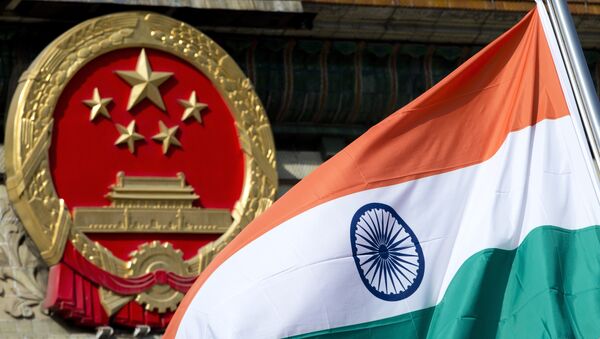Experts in India admit, however, that New Delhi has its own reasons to not join it, especially where it involves Pakistan-administered Kashmir, though the Chinese-led "One Belt, One Road" (OBOR) initiative is enticing.
"Although the Indian leader will not be here, India will have a representative. We welcome the Indian representative as well as members of the business and finance community to take part in the summit," India Today quoted Wang as saying at his Tuesday briefing in Beijing.
Until Tuesday, Indian officials had not given any hints on the country's participation in the "Belt and Road Forum." New Delhi opposes the China-Pakistan Economic Corridor over the issue of sovereignty, which is a very valid position, said Jagannath Panda, Senior Fellow, with the New Delhi-based Institute for Defense Studies and Analyses.
"The OBOR initiative is commercially enticing, but we cannot join it for political reasons as it would be tantamount to surrendering our sovereignty over Pakistan-administered Kashmir. But in the long term, a framework could be created where India and China could engage and even use the Chabahar Port," he told Sputnik.
But, a different viewpoint is also emerging within academia factoring in the growing disparity between India and China in terms of resources and strategic presence. Moreover, the collapse of the Trans-Pacific Trade Partnership and progress on the OBOR initiative comes with the risk of being left behind.
"The OBOR provides New Delhi with an opening to engage with China especially after India realizing its limited options in dealing with Beijing whether it is the Nuclear Suppliers Group or banning Maulana Masood Azhar. The asymmetry of power between India and China in terms of economic resources and strategic presence has widened," Srinath Raghavan, senior fellow at New Delhi-based Center for Policy Research, said.



